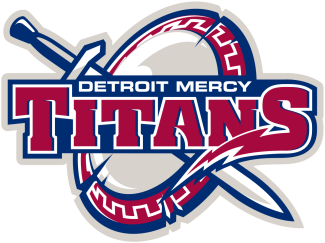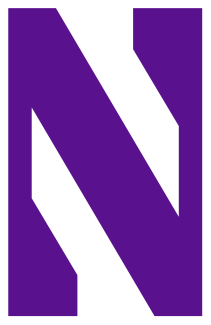PHILADELPHIA — Heading into the NCAA Division III men’s lacrosse final Sunday afternoon at Lincoln Financial Field, it was guaranteed that a first-champion would be crowned.
Safe money might have been on Amherst, the NESCAC program, since the conference had already taken home four such championships this decade. However, Cabrini had other intentions in mind.
The Cavaliers, embracing a “1-0 mentality” all year, won that singular game when it mattered most, taking down the Mammoths 16-12. From nearby Radnor, Pa., Cabrini had fans four sections deep at Lincoln Financial Field.
“It’s an unreal feeling,” said sophomore attackman Kyle Tucker, the tournament's most outstanding player who had a team-high four points. “I didn’t even have words to describe it when I was out on the field. All I could do is put my hands in my head and think how unbelievable this experience is. I’m glad I got in touch with [head coach] Steve Colfer a couple of years ago. It’s unreal. I still can’t even believe what happened.”
The win, which gave Cabrini its first-ever national title in any varsity sport, was powered by a strong second half. The Cavaliers put up five goals in each quarter of the second half after being knotted at 6-6 going into halftime.
At 21-2 overall, this was Cabrini’s 18th straight trip to the NCAA tournament and one that included plenty of challenges. The sole Pool B entrant, the Cavs won back-to-back games over Capital Athletic Conference foes York and Salisbury in the quarterfinals and semifinals, respectively.
They were also decimated by injuries all year, especially on offense, with no bigger one than to senior attackman Timothy Brooks, a 2018 honorable mention All-American. Brooks broke his collarbone in a Feb. 26 game at Hampden-Sydney, returned late and scored the eventual game-winner against Amherst.
Colfer spoke to Brooks’ resurgence as a student-athlete who, at 19, was sentenced nine to 23 months for several felony accounts of selling marijuana. Now 24, he’s a national champion and was given an even bigger role Sunday after junior attackman Jakob Klein went down with an early injury.
“It’s beyond unbelievable to me and such a special situation and one I couldn’t be more proud to be a part of,” Colfer said of Brooks coming full circle. “He deserves every second of this, because he put himself in a bad spot in life, but he dug himself out. This country was founded on second chances and redemption. I’m a big believer in that and always will be.”
For Amherst (18-4), the loss ended a season that matched a program record in wins. The collegiate career of Evan Wolf, the USILA Division III Player of the Year and a back-to-back NESCAC Player of the Year, has also come to a close.
Aside from Wolf, much of this Amherst team will be back in 2020, with midfielders Brogan Mahon, Jack Norton, Trenton Shore and Jack Wolff the only other key contributors who were seniors. Amherst head coach Jon Thompson said it stings to have lost, but there are also bigger-picture lessons.


























